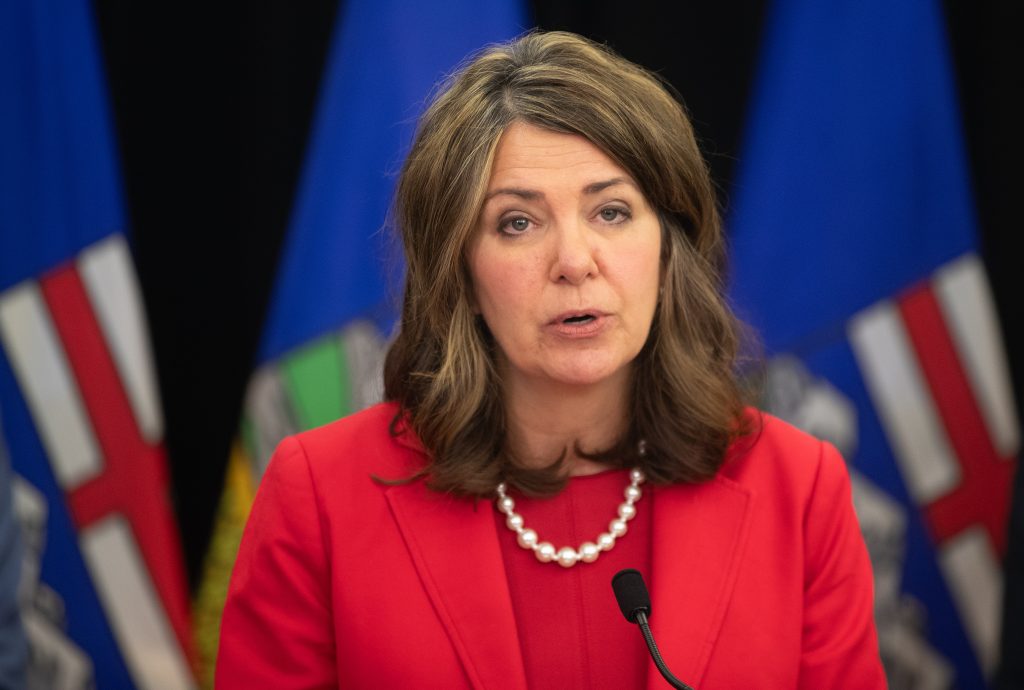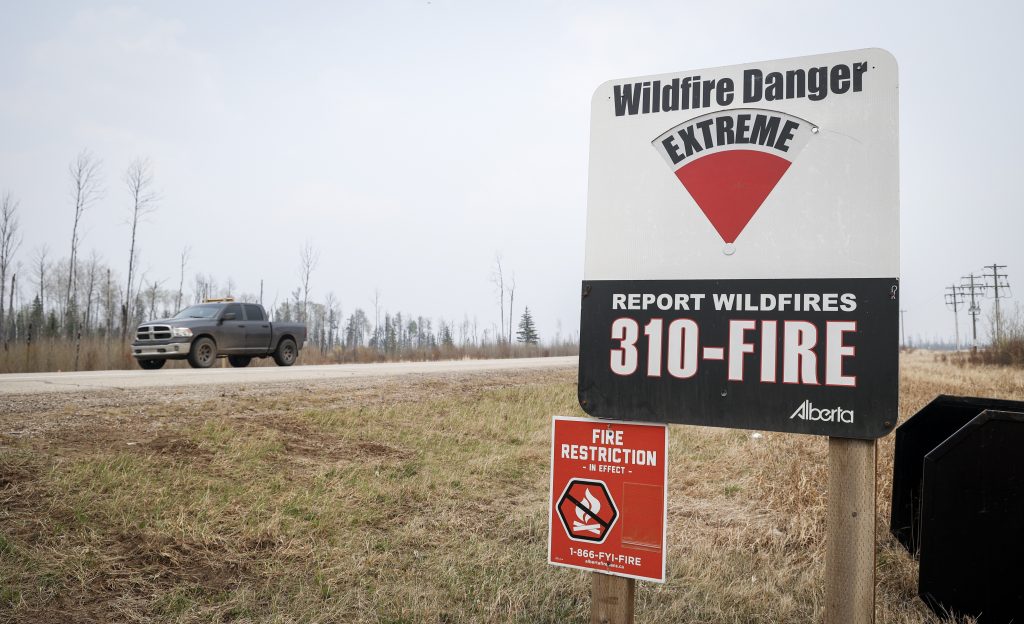Canadian businesses woefully unprepared for pot legalization: survey
Posted Apr 21, 2017 7:30 am.
This article is more than 5 years old.
With the pending legalization of marijuana, a Fasken Martineau survey says Canadian businesses are not equipped to enforce occupational health and safety legislation.
In fact, more than half of respondents suspected that a worker was under the influence of alcohol and or non-prescription drugs while at work in the last 12 months, and 60 per cent of managers and supervisors have received no training on identifying employees under the influence of alcohol and or non-prescription drugs.
Norm Keith, partner at Fasken Martineau, and a leading occupational health and safety defence lawyer in Canada, says there is a growing disconnect between the increasing use of pot and employers addressing it.
“A very small per cent of employers, less than 30 per cent, about 25 per cent actually, have a policy to deal with alcohol and drugs in the workplace,” he said.
He believes there are three things employers must do: have a policy against coming to work high, have an educational component, and have a testing and disciplinary policy.
“Safety regulators, and in fact the police, are now laying charges against employers and senior management where workers cause injury or death under the influence of drugs,” he said.
Recent attempts to have proactive drug testing, even in the name of public safety, have proven to be a difficult battle but the courts are starting to side with businesses.
“Two weeks ago in Toronto, the TTC (Toronto Transit Commission) won its case against the union, where the union tried to prevent through an injunction, random testing of TTC bus drivers,” he explained.
However, Keith is worried that courts seem more open to random or proactive drug testing when public safety is an issue, for example a bus driver, rather than workplace safety.
“There is some inconsistency in court decisions in placing public safety above worker safety,” he said.
He believes small business owners in dangerous areas of work are the most at risk of going out of business or to jail if they can’t prevent people from coming to work high.
“They get no support from federal or provincial safety regulators on proactive testing and unions say privacy rights trump safety, which is wrong,” cautioned Keith.
Keith scolded the Trudeau government for not taking any responsibility for public and workplace safety with the legislation introduced last week.










